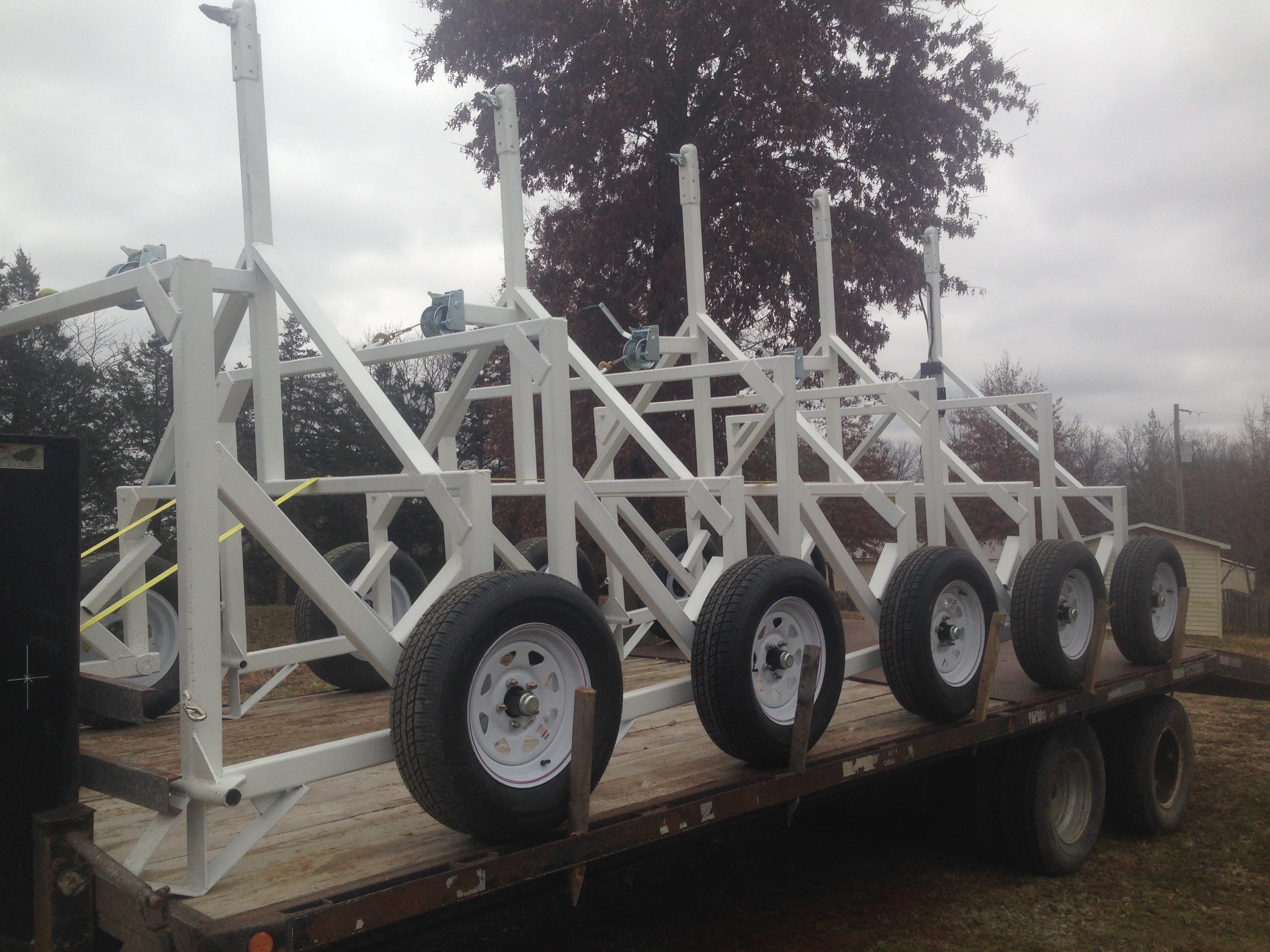- Location
- Glen Clova, Angus, DD8 4RD
Rob Havard was talking about his out-wintering yesterday. He's got clay and sand in different parts of the farm and laughed about folk who go there to look then say "Ah, but you're on sand, you couldn't outwinter on our clay" or "You're on clay, you couldn't outwinter on our sand"!I did look again at your pic after I posted and thought it didn't look like it had been wet well not wet enough to mark up
we have keep lambs in for the winter they usually do one round, I remember a few years ago the chap put them in a field where there was a good feed of grass but it was wet under foot, it rained like mad and they just shoved the lot in the ground, next day I had to get him to move them to a dryer bigger field cos it was brown with mud and they had nart to eat but it wasn't gone anywhere apart from in the ground
folk talk of over wintering cattle but sometimes this land won't take lambs
now I know some of it may be down to structure and lack of soil building and cover which is probably my fault but how you get round the soild lump of yellow clay that's down there I don't know
He reckons once you get up to 12 or 13% SOM and have plenty of vegetation on top it carries the cows with very little damage. In the worst weather he bale grazes hay and lets them tread a load in as well.









